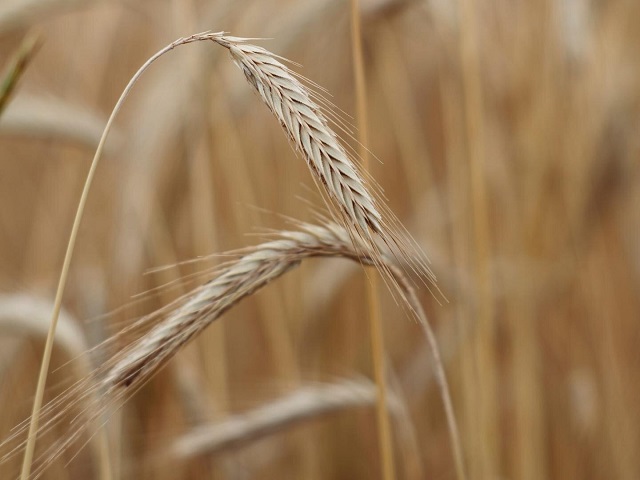University of Maryland co-publishes the first full reference genome for rye
University of Maryland
As one of the founding members of the International Rye Genome Sequencing Group (IRGSG), the University of Maryland (UMD) co-published the first full reference genome sequence for rye in Nature Genetics. UMD and international collaborators saw the need for a reference genome of this robust small grain to allow for the tracking of its useful genes and fulfill its potential for crop improvement across all major varieties of small grains, including wheat, barley, triticale (a cross between wheat and rye that is gaining popularity), and rye. Following the model of international collaboration used when UMD helped sequence the wheat genome, UMD co-developed the idea to produce a reference genome, organized the effort, and contributed to achieve the collective goal. The result is a valuable resource that can help improve grain yield, disease resistance, and temperature tolerance to increase climate resilience in grain crops.
“This reference genome is a wonderful resource, and it opens so many new doors for us,” says Vijay Tiwari, assistant professor in Plant Science and Landscape Architecture (PSLA) at UMD and leader of the Maryland Small Grains and Genetics program. “The knowledge that rye offers us to fight physical and disease stressors is going to help us produce better crops that can tolerate disease and climatic changes much better. We can do genome-wide assays to see where useful traits are coming from, and for that, we need a reference genome to provide a framework.”
Nidhi Rawat, assistant professor in PSLA and plant pathologist specializing in diseases like Fusarium Head Blight that ravage small grains, adds, “The more we screen, the more we get amazed with how much useful diversity we see in rye. It holds tremendous potential for crop improvement across wheat, rye, triticale, and barley.”
Authored by more than 60 scientists from 14 countries including 4 research institutions in the U.S., this collaboration represents truly cooperative science. Based off the example of the International Wheat Genome Sequencing Consortium (IWGSC), Nils Stein of the Leibniz Institute of Plant Genetics and Crop Plant Research (IPK) in Germany took the lead on coordinating with the global collaborators to ensure that all the necessary pieces came together to produce the full rye genome. UMD is proud of the work they did to help bring this idea to fruition.
> Source: EurekAlert!



 Credit: Public Domain
Credit: Public Domain